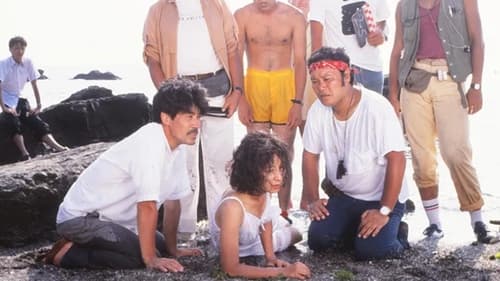
The melodramatic story of a pink crew’s tragi-comedic adventures on location. A fictionalized adaptation of set photographer Ichiro Tsuda's 1980 book The Location (Za Rokēshon), an illustrated 229-page document about the cameraman’s experiences with pink cast and crew on the sets of several films produced in the late 1970's.
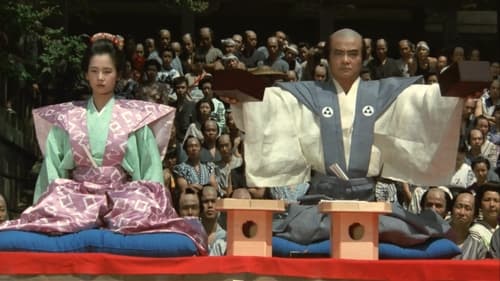
O mundialmente famoso pintor de madeira Hokusai (1760-1849), um viúvo que precisava de uma renda estável, mora com a sua filha Oei na casa do seu amigo de infância Bakin.
Katsushika Hokusai foi um artista japonês, pintor do estilo ukiyo-e e gravurista do período Edo. Na sua época, era um dos principais especialistas em pintura chinesa no Japão.
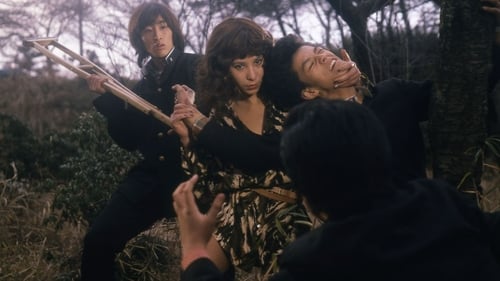
The Principal
Mejika, a pretty Eurasian woman, is hired as a biology teacher at a renowned high school. She is reputed for her iron discipline. But the extremely provocative attitude of Mejika ends up worrying the school's administration. The young woman then sows trouble by revealing the cases of vice and corruption that are legion in this school...
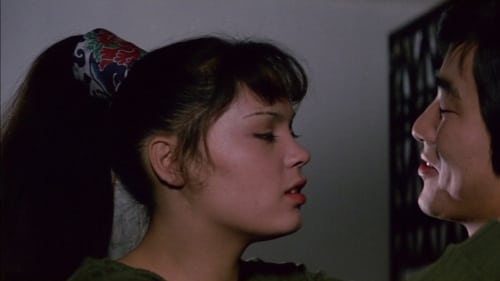
Ichikawa
First film of a trilogy following the dramatic life of Rika, a half-Japanese/half-American woman who becomes the tough-as-nails leader of an all-girl crime gang.

Yorimichi (voice)
Tobimaru is the young emperor of Japan. He meets a mysterious woman named Tomamo. After successfully seducing Tobimaru, she brings great misfortune onto the land. Tobimaru soon discovers that Tomamo is actually a kitsune, and now has the task to unmask and kill her to save his land.
(currently a lost media)

Japanese "kayo" film centered around the song "Namida ni naritai" by Teruhiko Saigo.

Shigeki
In 1943, the Aleutian island of Kiska was fortified by a small contingent of Japanese soldiers. When word arrived of an impending attack by an overwhelming force of Americans, the Japanese Navy attempted one of the most daring and unlikely evacuations in military history. This is that story.
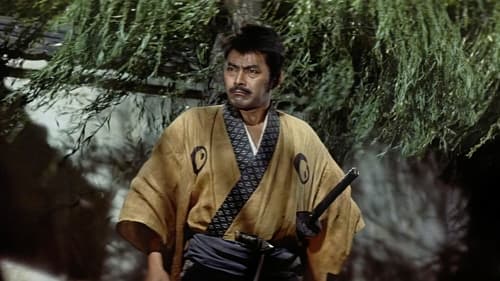
The story tells of a group of samurai who were left leaderless (becoming ronin) after their daimyo (feudal lord) was forced to commit seppuku (ritual suicide) for assaulting a court official named Kira Yoshinaka, whose title was Kōzuke no suke. The ronin avenged their master's honor after patiently waiting and planning for over a year to kill Kira. In turn, the ronin were themselves forced to commit seppuku for committing the crime of murder.
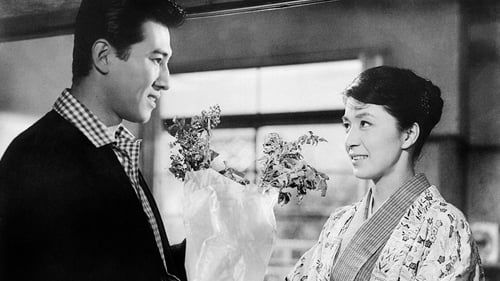
Drama about the lives of the five daughters and daughter-in-law of a store owner.

Ikeda (a student)
A woman and her daughter are in love with the same man, a chef at the restaurant that the mother manages. He is slightly crippled from frostbite in his years in Siberian labor camps and considers himself "already dead."

Episodic, globe-trotting quasi-mondo focused on women of the East.

Story of young love in the hills.
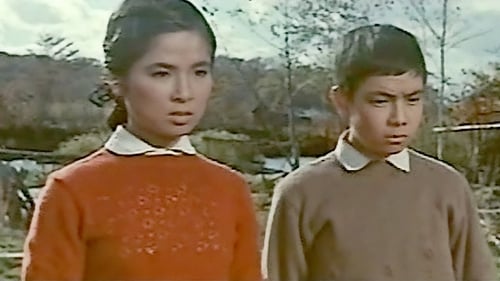
The story is about the social problems faced by Japan's indigenous Ainu, mostly centered on the reactions of the characters to their oppressed state.
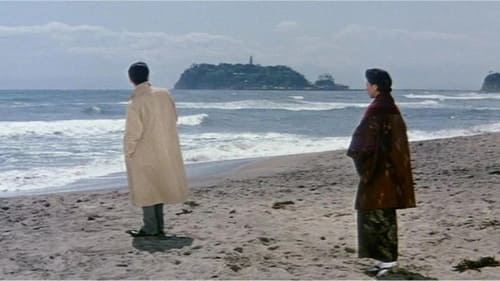
A war widow with a young boy manages a farm with her bossy mother-in-law. When a reporter comes to interview her, the two begin an affair. He turns out to be married and won't leave his wife. Her older brother tries to marry off his children and hang on to/ extend his farm through an advantageous marriage in the face of threatened land confiscation and the desire of his children to get comfortable urban jobs instead of the backbreaking work in the paddy fields under parental control.

An Ishiro Honda film.

Na Era Tokugawa, o clã do Yagyu tem escondido três rolos contendo suas Crônicas secretas, que, se reveladas, poderiam causar revolução e desastre no clã.

With one of the busiest film industries in the world, Japan was able to submit several films into competition at the 1957 Berlin Film Festival. One of the best of these was Arashi, directed by Hiroshi Inagaki of Rickshaw Man fame. Anticipating Hollywood's Table for Five by nearly a quarter of a century, the film concerns the efforts by a recently widowed high-school teacher to raise his four children alone. Chihu Ryu is terrific as the central character, while Izumi Yukimura is even better as Ryu's eldest daughter. For reasons unknown, Arashi is often omitted from "official" lists of Inagaki's films.











